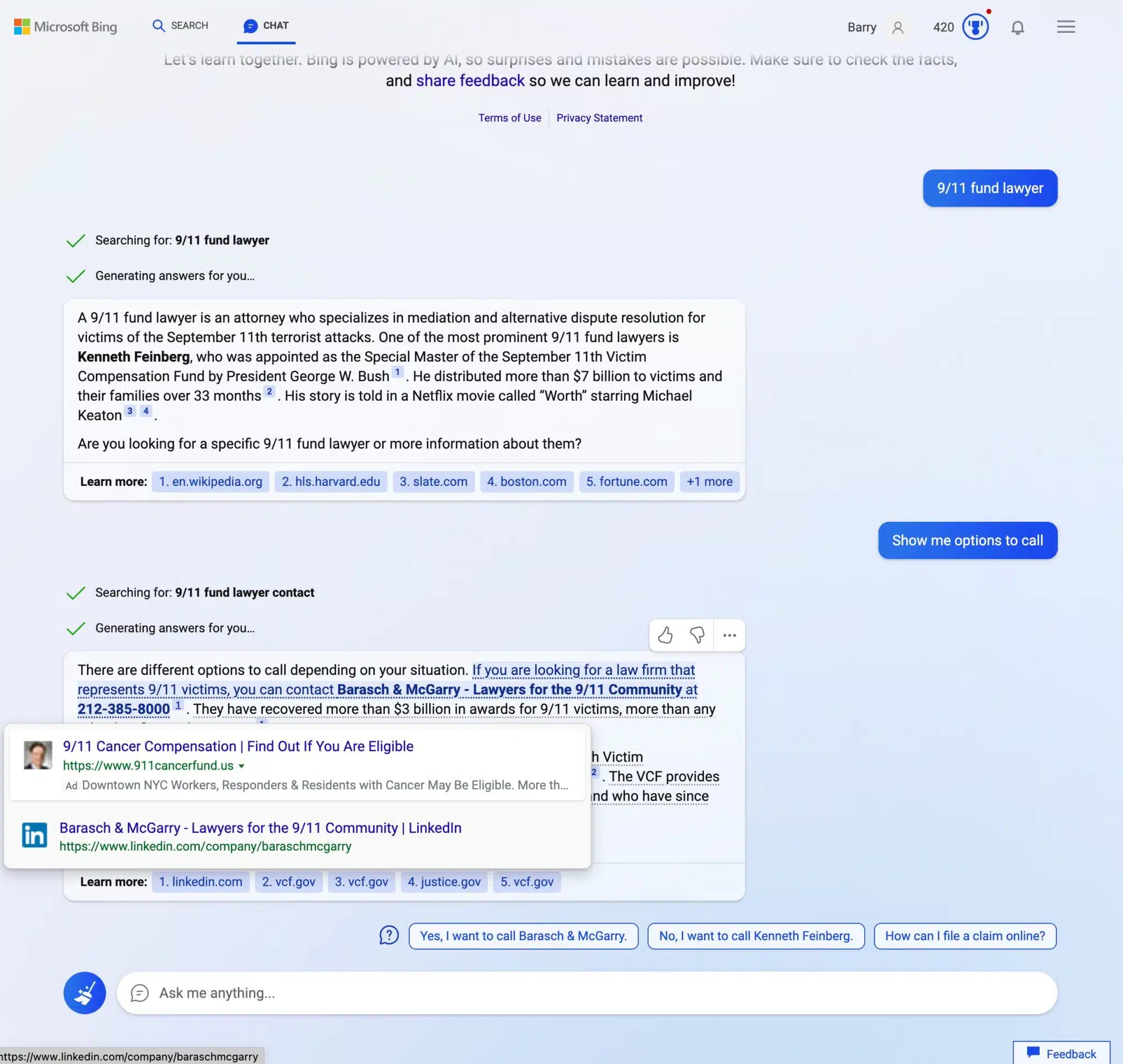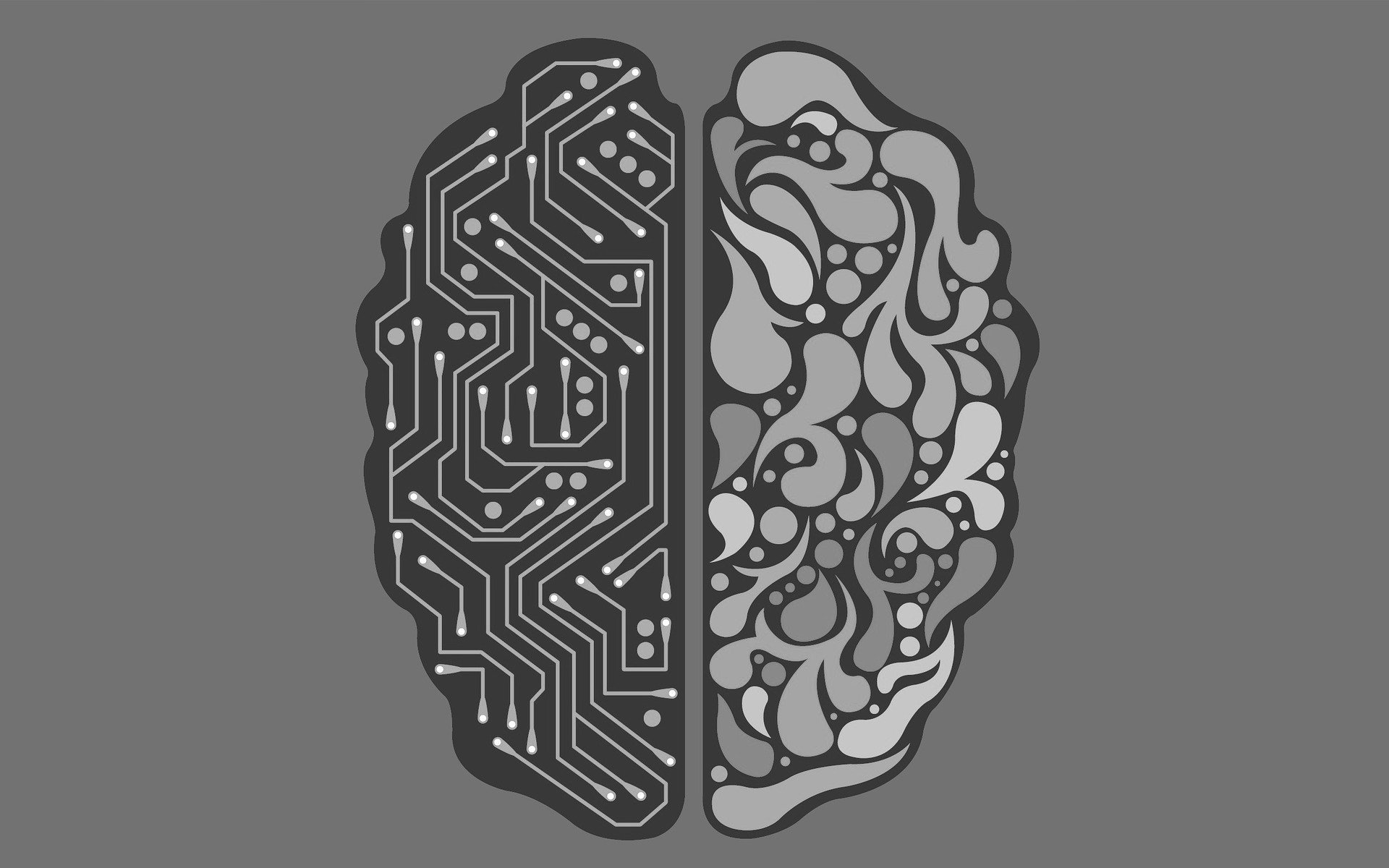Understading Large Language Models
- To a marketer, the biggest implication of Large Language Models (LLM) lies not in what it is, but in what it can do
- I began to hear my colleagues and bosses talk about how ChatGPT, now GPT-4, will change everything, but somehow this time, this doesn’t seem like it’s just hype
- At no point before this has I felt that this is the tipping point, where my work may change forever, and so is my future and my interest, but here it is staring at me now
What most people think Search will change with AIs
- Fancier chatbots that sit on the search bar, spitting out answers to questions
- People going into ChatGPT, Google, and Bing, type in their answers, and get what they want
- Search ads that appear around the chat responses, and in the case of “The New Bing” - the ads are right in the citation and hover links, which add a layer of authority to whichever ads may pop up (which is not a new thing like careless tech journalists would have you believe)

But this is just the most immediate, easy-to-imagine scenarios, and I felt that there is more to it
- What if people stop using the Search bar altogether, as AI-powered chatbots take hold in the Voice Assistant space? Will people finally start talking to Siri, Alexa, and Google Assistant like the smart servants they truly can be?
- What if Search happens in background of all daily activities, as part of the writing, editing, and reading process? What if Search happens on PowerPoint, text editors like VS Code (hello Github Copilot), IDEs, and other tools that people use to create?
- What if Search moves away from the Search bar, and all the artifacts that come with it, then what will become of Search Engine Optimization (SEO) experts and the Search Engine Marketing (SEM) industry?
- What happen to all the websites that live on position #5 or #6, never having the chance to enter a Bing or Bard’s citations, but nevertheless have something unique to offer? Will they be left behind, or will they be able to find a way to be found?
- Will major platforms - social media in particular - therefore the way to be found and the nexus of power of the Internet? In that case, what comes of their untold power and festering corruption?
If this is the future, then the way forward is to think beyond the familiar
- SEO specialists will have to become generalists, who understand the media mix, the larger marketing funnel, and the key touchpoints that can be used to guide the consumer journey
- SEO specialists will have to understand not only Search and attribution to Search as a channel, but also human behavior and psychology; in a way, we have to deeply understand Search as a human act
- SEO specialists will have to understand where authority comes from, and not only how to create good content, but where to put it and make it prominent to language models and aggregators of data
- SEO specialists will have to think beyond websites. Although this saddens me, I have to accept that if independent websites are to survive in face of increasingly entrenched walled gardens like Reddit or Substack, websites will have to evolve into something more than just good content; only a few may be able to do so
